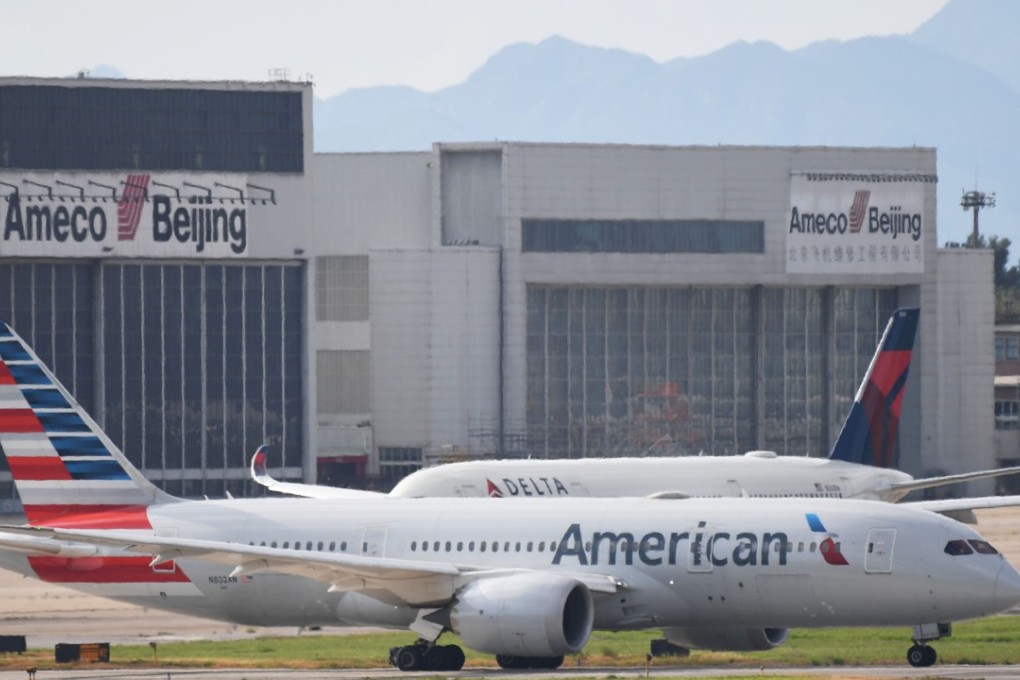Destinations known | Are tourists China’s most valuable economic weapon in trade war with US?
US airlines’ recent concessions to Beijing’s demands on Taiwan suggest that China’s tourism industry has significant clout on the international stage

On July 25, three major US airlines kowtowed to pressure from China and dropped Taiwan from their schedules. That is not to say that American Airlines, Delta Air Lines or United Airlines no longer fly there – routes between Taipei and various cities in the United States still exist – just that their booking engines avoid reference to the island on which the Taiwanese capital is located.
The adjustments were made in response to a request from the Civil Aviation Administration of China (CAAC) that 44 foreign airlines identify Taiwan as part of China, with punitive measures considered for any carrier that did not comply. American, Delta and United were among the last to make the change, with Washington dismissing the demand as “Orwellian nonsense” in a statement issued on May 5. However, as the deadline loomed and Beijing refused to back down, the final holdouts made their concessions, even amid current trade tensions.
This follows news that Sea Passion Group, the firm that operates Palau Pacific Airways and Sea Passion Hotel on the small Pacific island of Palau, would be halting flights because of a decline in Chinese tourists after Palau was declared an “illegal tour destination” because of its diplomatic ties to Taiwan.
Then there is Taiwan itself, which has seen a steady decrease in visitors from the Middle Kingdom since electing the pro-independence Democratic Progressive Party in 2016.
Of course, the practice of exerting influence over foreign friends and foes through a flow of people is not new or singular to China, nor is it always successful. Indeed, China’s rapid expansion of outbound tourists has not been quite so fruitful in terms of reputation building. While most of the country’s millions of mobile citizens venture overseas without much ado, tales of the badly behaved few have a tendency to go viral, meaning they are not quite the ambassadors their homeland wishes them to be.
Nevertheless, this has not stopped destinations from Addis Ababa to Zagreb from clamouring to attract big-spending Chinese visitors. And those tourists are also why overseas airlines, hotel groups and more are willing to take a political stance to keep Beijing on side.
In 2017, South Korea suffered after Chinese travellers gave the country the cold shoulder for its deployment of a US missile defence system. The Bank of Korea estimated that the backlash and boycott had cut 0.4 per cent from South Korea’s economic growth last year.

